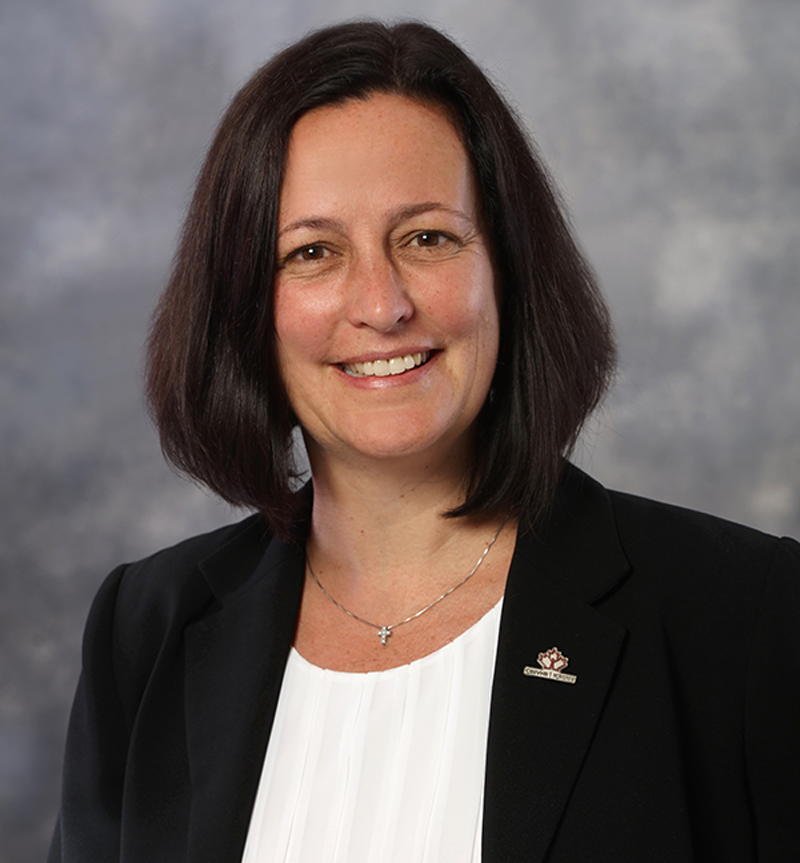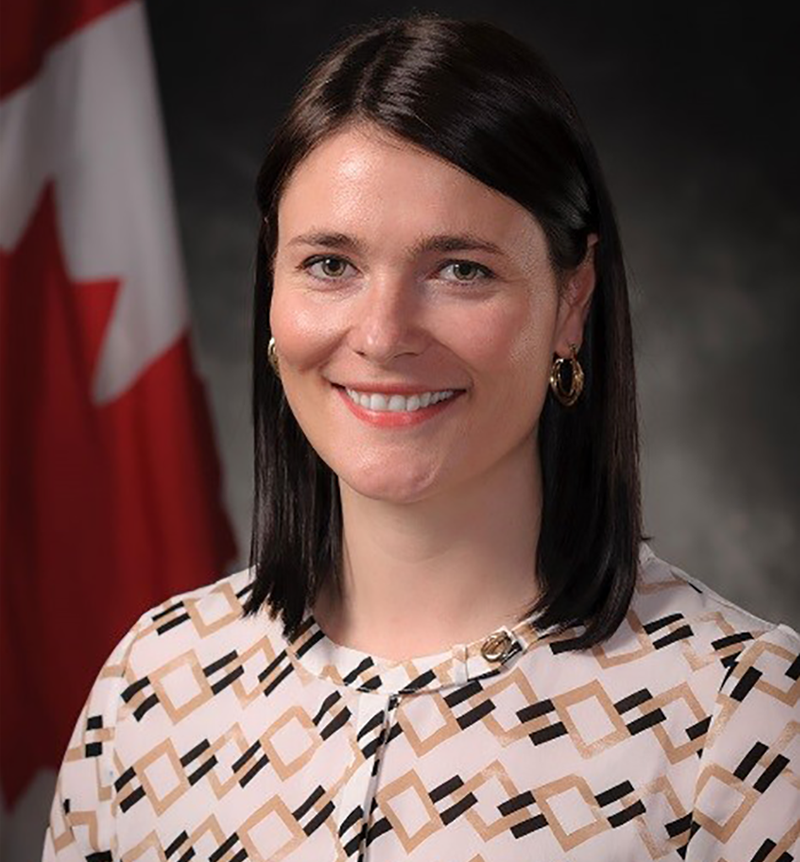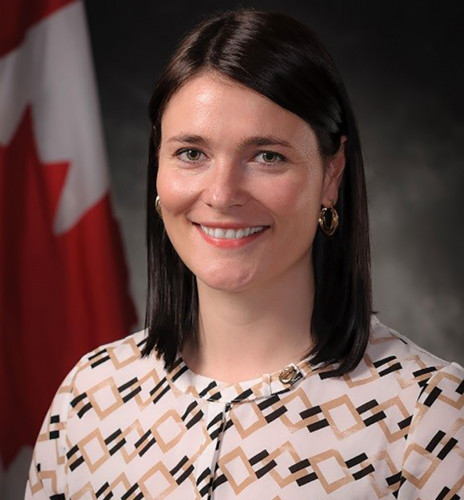Symposium Overview
This symposium aims to highlight the ongoing needs and significant benefits of integrating a sex and gender lens into all research, including military and Veteran health research. The historical absence of sex and gender perspectives has resulted in acknowledged gender biases and gaps, with spillover effects for military and Veteran programming and policy. Over the past few years, there has been a concerted effort internationally, with Canada often in the lead, to integrate a sex and gender perspective into all defence-related research and policy. Chaired by Canada’s Women, Peace and Security Ambassador Jacqueline O’Neill, this symposium will explore these issues from the perspectives of CIMVHR academic research, the Department of National Defence/Canadian Armed Forces, and Veteran Affairs Canada. Speakers will reflect on the efforts and impacts of integrating a sex and gender lens to enhance outcomes for all serving members and Veterans. Existing sex and gender gaps will be identified, and best practices for moving forward will be shared. There will be an opportunity for symposium participants to ask questions and engage with presenters to learn more about how their own work may benefit from an enhanced sex and gender lens.
View the full symposium here
Moderator and Presenters
In order of appearance
Agenda
Sex and Gender


Opening Remarks
Stéphanie Bélanger, CD, PhD, Associate Scientific Director, Canadian Institute for Military and Veteran Health Research
Jacqueline O’Neill, Ambassador for Women, Peace and Security, Government of Canada

Sex and Gender Tools for CIMVHR Researchers
Maya Eichler, PhD, Canada Research Chair, Social Innovation and Community Engagement; Associate Professor, Political Studies and Women’s Studies, Mount Saint Vincent University; and Director, Centre for Social Innovation and Community Engagement in Military Affairs, Mount Saint Vincent University
There has been a huge upswing in sex and gender-informed military and Veteran research over the past decade. Sex and gender can and should be a foundational part of every researcher’s toolkit. This presentation aims to address common misunderstandings about sex and gender by introducing participants to foundational terms, concepts, and tools—such as sex and gender, sex and gender-based analysis (SGBA), and gender-based analysis plus (GBA+). The presentation also draws on the well-established sex and gender equity in research (SAGER) guidelines to share a list of guiding questions for anyone who wants to enhance, or begin to apply, a sex and gender lens to their research, especially research pertaining to the health and wellbeing of military members, Veterans, and their family members.
Q&A moderated by: Ambassador Jacqueline O'Neill

Exploring Sex and Gender Research in the Department of National Defence and Canadian Armed Forces
Jennifer E.C. Lee, PhD, Acting Director of Research on Personnel and Family Support, Director General Military Personnel Research and Analysis, Department of National Defence
The Department of National Defence (DND)/Canadian Armed Forces (CAF) have committed to increasing the representation of women in the CAF to 25.1% by 2026. Research on sex and gender in the DND/CAF has been crucial to identifying relevant challenges and developing policies and programs that support this goal. This presentation will examine key insights that have emerged from this research, emphasizing their implications for the health and well-being of diverse sex and gender groups. Ongoing research challenges and gaps will also be discussed in view of proposing directions for future research.
Q&A moderated by: Ambassador Jacqueline O'Neill

Sex and Gender-Based Research Among Canadian Veterans: An Intersectional Perspective
Margaret C. McKinnon, PhD, CPsych, Homewood Chair in Mental Health and Trauma; Associate Professor and Associate Chair, Research, Department of Psychiatry and Behavioural Neurosciences, McMaster University
Research involving Veterans in Canada increasingly incorporates a sex- and gender-informed lens. Focused broadly on the biological, psychological, and social needs of Veterans, this work has begun to incorporate an intersectional perspective, recognizing the need to include prominently the voice and experience of marginalized and racialized Veteran communities. Current topics being studied include sex and gender differences in homelessness, in the transition from military service, sexual misconduct, and unique mental health treatment needs. Going forward, it will be critical to ensure this approach is incorporated into all research involving Veterans, including urgently needed work to understand the effects of military service on the female body and reproductive system.
Q&A moderated by: Ambassador Jacqueline O'Neill
Panel
Moderator: Ambassador Jacqueline O'Neill
Panelists: Dr. Maya Eichler, Dr. Jennifer Lee and Dr. Margaret McKinnon







